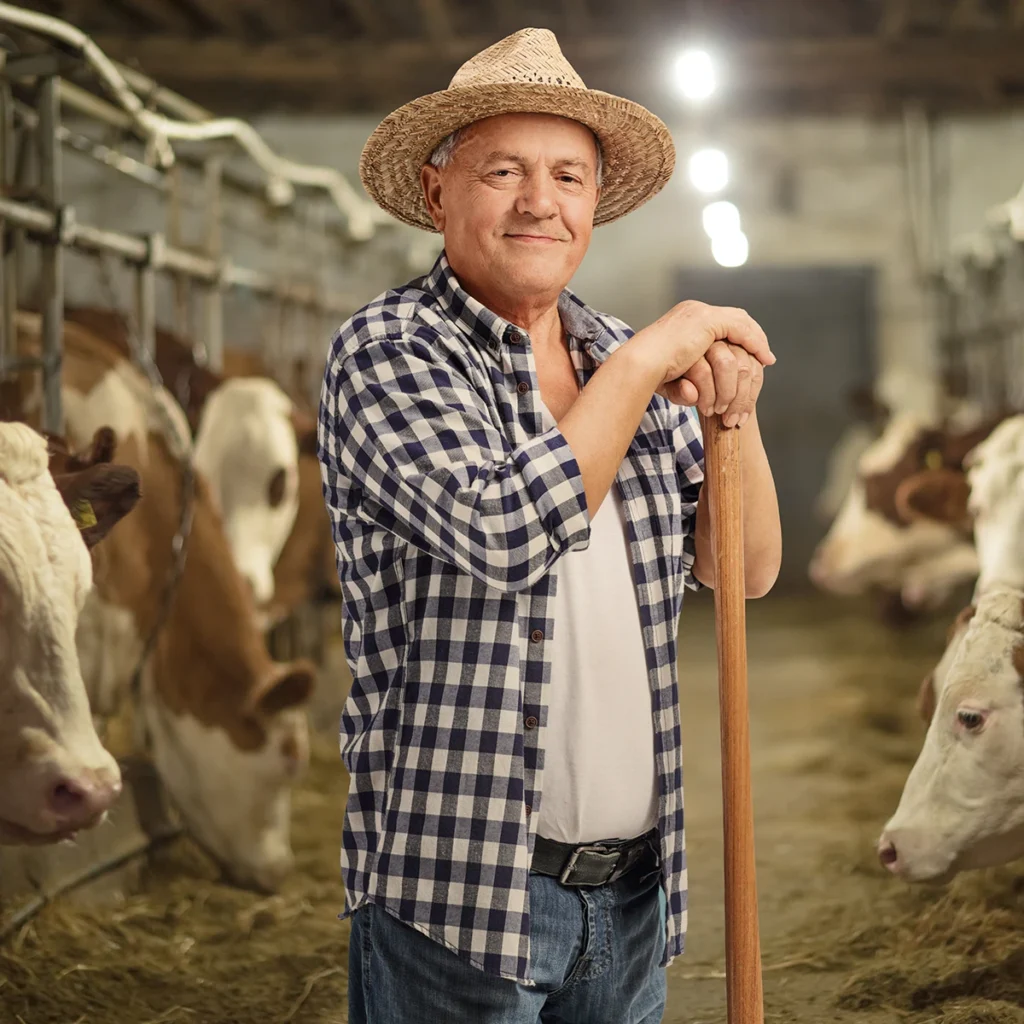Rural Health is National Health.
Explore Programs
Rural Americans represent about 65 million people in the United States who have disproportionate incidents of heart disease, cancer, unintentional injury, chronic lower respiratory disease, and stroke. Those living in rural communities face greater challenges accessing the care they need, which is why attention and resources continue to be dedicated to the critical issues surrounding rural medicine.
Our participating programs are at the leading edge of these efforts.
What is a rural medicine program?
A rural residency program is an accredited program in health professions education and training in which trainees spend the majority of their time (more than 50%) training in a rural place. Many rural residency programs are rurally located with minimum training in an urban setting. Other rural programs, traditionally called RTTs, train residents in urban settings for 3-15 months, and train them in rural communities for the remainder of their residency.
The goal of these programs is to produce health professionals passionate and prepared to practice rural medicine.
Our Participating Programs
RMTC participating programs include rurally focused health professions education and training programs from around the United States. This includes both undergraduate and graduate medical education programs and is expanding to other health professions. Although not all programs are rurally located or meet the definition outlined above, they are all invested in producing health professionals to rural practice.

Types of Programs
Students may explore RMTC participating programs that align to any of these definitions.
Residency Programs in Medicine
Rurally Located Program: Residency training is located primarily in a rural place by at least two federal definitions with minimal urban experience.
Rural Track Program: A rural track program is a separately accredited program with more than two months of urban experience and greater than 50% training in a rural location by at least two federal definitions.
Urban Program with a Rural Track: A defined track for select residents who spend more than two months in the urban setting and greater than 50% of their total residency training in a rural location by at least two federal definitions.
Urban Program with a Rural Pathway: Programs with a structured sequence of rural training experiences for select residents, more than two months, but less than 50% of total training.
Urban Program with a Rural Focus: As indicated by a mission statement and at least two months of required rural experience for all residents but less than 50% structured training for even select residents.
Program with Rural Outcomes: As measured by equal to or greater than 50% of graduates locating in an initial rural place of practice by at least two federal definitions.
Medical School of Health Profession Programs
Program with a Rural Track: A program with a specific goal or objective(s) to recruit, nurture, educate, train, or encourage students toward rural practice. Programs must have a structured sequence of courses, electives, selectives, or clerkships and even a rurally located “campus.”
Program with a Rural Focus: A program with a rural focus as indicated by a mission statement and at least two months of required rural experience for all students.
Other Rurally Invested Programs
Any undergraduate, graduate, or post-graduate programs in other disciplines invested in producing clinicians to rural practice is invited to join RMTC.
Student Stories
Hear directly from students and graduates about their experiences in participating programs and their passion for rural health.



